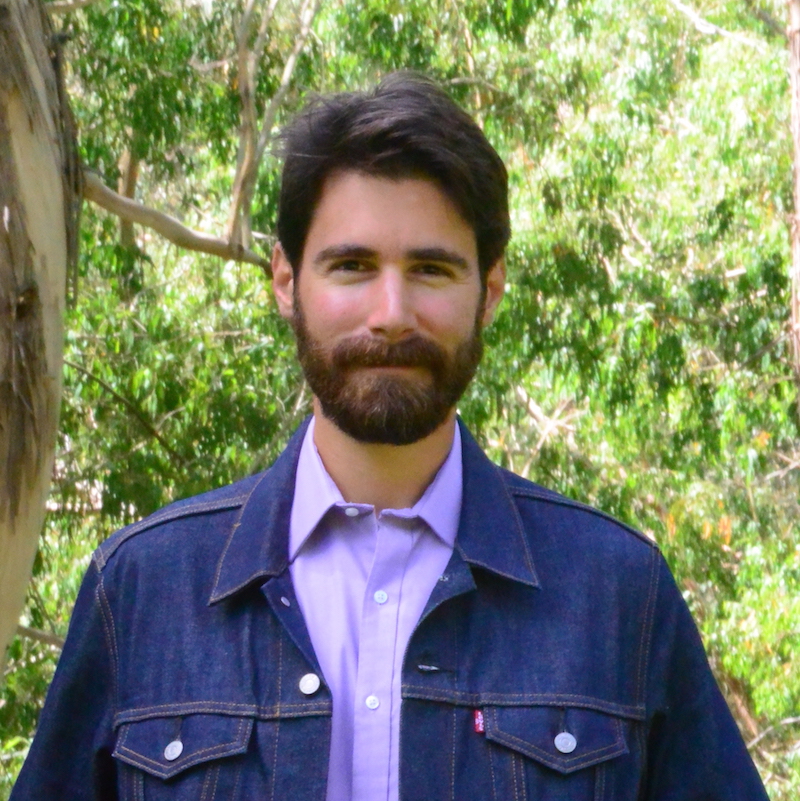
Have you ever wondered why you love the music you listened to as a teenager more than any other era? Neuromusical researchers believe this preference stems from the fact that we form our identity in our teenage years, which provides the foundational values and beliefs that stick with us our entire lives. The music we listen to as teenagers gets wired into our identity and makes us who we are.
As educators of young adults, you have quite the power over someone’s life.
Why must we harness the power of music now?
If the acts of racial injustice, unnecessary murders, and protests have taught us one thing over the past 12 months, it’s that diversity and inequality is a major problem in America. Unfortunately, protests, trials, and legislatures do not solve this problem. While these actions are necessary to bring awareness to the magnitude of the issues, the real solution happens on an individual level, deep down at the source of one’s identity. The solution is changing everyone’s individual behavior.
There are few mechanisms that can navigate to this depth and influence change at an emotional level. Learning an instrument, understanding the history of music and its artists, and collaborating with others to create new music influence the right social and emotional levers for teenagers.
Steps to take in your classrooms
How can we leverage the power of music to teach diversity, inclusion, and equality? We can start by listening. Music has been putting a spotlight on social issues for hundreds of years, and musicians have an incredible ability to say the unsaid.
UPDATED: Hundreds of free K-12 resources during the coronavirus pandemic
Nina Simone says it best: “I wish I could share all the love that’s in my heart; Remove all the bars that keep us apart.” Music and other teachers can encourage students to listen to this Black Lives Matter Spotify playlist.
Learning to play music from a diverse set of artists is even better. Here are some artists and songs to incorporate into your music curriculum:
- Bruno Mars is part-Filipino.
- Beyonce is a role model for young black women.
- Elton John is a gay icon.
- Selena is a Mexican-American superstar known for her contributions to Tejano music.
- Sister Rosetta Tharpe was a black, female rock ‘n’ roll superstar in the 1940s.
- “The Man,” by Taylor Swift, is about her experience with gender equality in the music industry.
- “Same Love,” by Macklemore & Ryan Lewis, is a story about coming out of the closet as a young gay person.
Talk about the music, the artist, and what it means. Here are some examples of assignments; all of which can be done in person or virtually:
- Have students listen to, research, and write about a song. What is it about? What is the artist trying to convey and why? Learn that song on an instrument.
- Assign, or let students pick, a musical artist. Have them research the artist’s background and inspirations, and what their music about. Ask them to dress up like that artist or create an Instagram or TikTok account and post content that represents that artist. Share their accounts with the class.
- Have students ask their parents or an adult relative for the most inspirational song they grew up with. Compare that to songs that inspire the student. Have them present how they are similar or different.
DON’T MISS: 5 ideas for supporting teachers during COVID
At my company, Moosiko, all of the content is student-driven. Nearly 30 percent of song requests are for Mexican songs and artists. One of our newest schools, in San Jose, Calif., has an 85 percent Korean population so we’re adding K-pop (Korean pop) music, which will be available for all Moosiko students across the country to learn. Learning music from other countries like K-pop exposes students to different cultures, languages, fashion, and perspectives that they might not be exposed to in their communities.
It’s easy to say, “Our current methods work, they meet state standards, and they get the job done.” But inaction is not an option. Inaction perpetuates the stereotypes and prejudices from the previous generation, which perpetuates the same stereotypes and prejudices from the generation before that. Change is needed now.
Dan Mascola is founder and chief executive officer of Moosiko, an innovative, personalized, adaptive approach to learning guitar. He has 12 years of experience building product and marketing teams, launching software and hardware products, and developing killer marketing programs. His favorite band as a teenager was Dave Matthews Band. Dan can be reached at [email protected]. Follow him on twitter at @danmascola.







